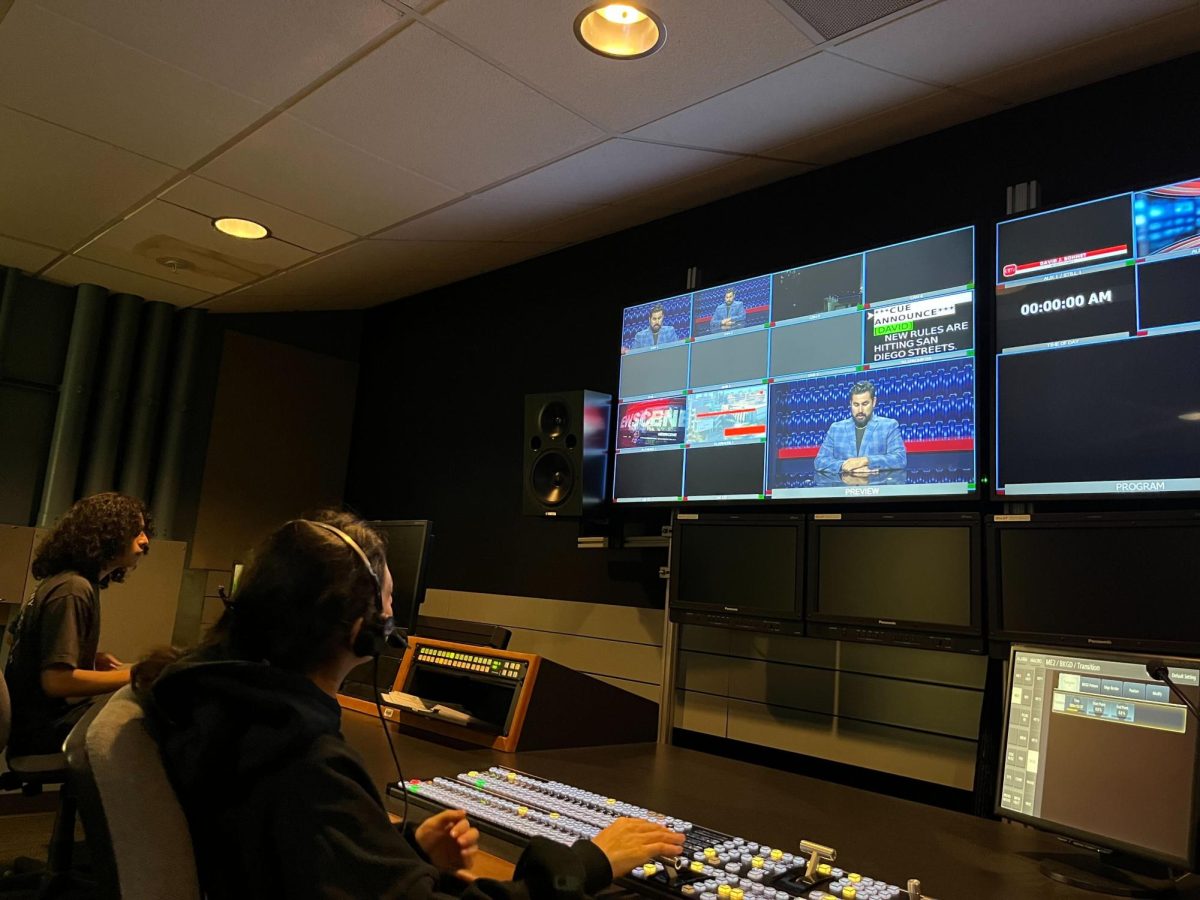Earlier this semester, City College President Terrence Burgess tried to attain a grant funded by the Bill & Melinda Gates Foundation for the implementation of Massive Open Online Courses, known as MOOCs.
The foundation awarded 12 grants Nov. 13, totaling more than $3 million in new investment in MOOCs.
MOOCs utilize open access through the web to reach larger groups of students.
“We were not awarded the grant, however we need to speak about these issues further,” Burgess said. “Sometime in spring we will have a meeting regarding this action. It has caused faculty to talk about this program, and we need to inform ourselves more about this program. I want everyone to learn about different educational programs, these are all ideas and possibilities.”
The psychology department was on board with the grant when approached about it. However, a few days after the grant was mentioned, rumors spread over unhappiness that the MOOCs were being forced upon the psychology department.
“It was not necessarily the whole department, rather than a faculty staff member who was feeling bad with the program,” Burgess said.
“I can understand why the staff member could be upset about this program since the role of an instructor can be devalued,” Burgess added.
“My reason why I applied for the grant was I saw a possibility for students and future students that can help or encourage (them),” he said.
“I was impressed that the chancellor immediately recognized that more information was needed regarding MOOC. So she is assembling a task force to research and explore the complexities of offering MOOCs, and the possibility that this format will help the college meet the education needs of more students,” said Lori Erreca, dean of behavior and social sciences.
“Many students benefit from the value of face-to-face courses, and that is a format experience during which faculty can individually address students’ needs and learning styles,” Erreca said. “MOOCs can possibly reach more students and is an educational format that needs more exploration.”
MOOCs, as with any developing program, have been a target of both criticism and praise.
Two pros of MOOCs are they are free for all who are interested, and they have flexibility, which allows a student to “attend” when he or she has available time.
Cons include the necessity of basic digital literacy, and students’ feeling isolated from the real world by the lack of in-person socializing, presenting and practical experience.
The MOOC was created by Canadian professors George Siemens and Stephen Downes. In October 2011, Stanford professor Sebastian Thrun and Google Director of Research Peter Norvig decided to offer a class on artificial intelligence while teaching at Stanford University. It was a free online course featured alongside the real class, and enrolled over 160,000 students online.
Many universities use MOOCs, including Harvard, MIT, and Duke.








Adilson • Dec 21, 2012 at 7:39 am
This is an issue that I’ve run into as well. For a couple years I tahgut a two- / three-week modular workshop on online pedagogy to faculty and doctoral students through a consortium for library and information science faculty. Enthusiasm and engagement were always high during the first week, but as soon as people’s other schedules got busy, the no-charge, no-credit workshop was the first thing they dropped. Without a strong enough internal motivation to learn, it’s not easy for most people to participate in a MOOC. Maybe the course topic is the most crucial determinant if the course is about effective strategies for playing a favorite game, for example, a certain section of the population might be more likely to stay active ? I’ve also been playing around with , however, which might be another alternative. It’s not collaborative the way the video describes MOOCs, but with just one or two questions a day, it’s a lot easier to budget the time for one of their courses.